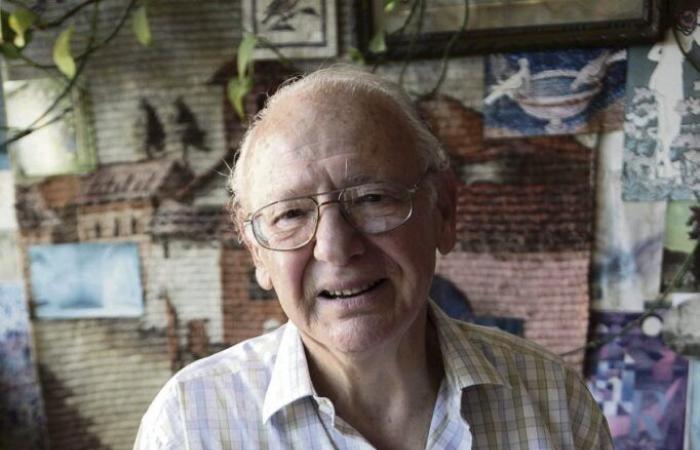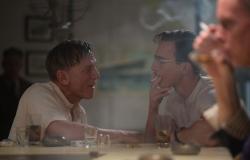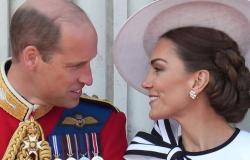Prefaced by Frédéric Boccara and edited by Catherine Mills, this little posthumous book is the result of the transcription of interventions by Paul Boccara taken from the documentary dedicated to him by Aude and Olivier Servais in 2008 (1). In just over 120 pages, he succeeds in introducing a non-specialist audience to the theoretical advances of the communist intellectual, their sequence and coherence, as well as his constant desire to anchor them in social and political struggles and to translate them into concrete proposals. Overaccumulation-devaluation of capital, state monopoly capitalism, structural crisis and systemic crisis, informational revolution, new management criteria, innovative proposals on credit, common global currency, job or training security… These terms which may seem like a abstruse bits are explained in a few simple sentences.
The most moving are these passages where Paul evokes the eternal quest of his life: a theoretical search for a “considerable ambition” constantly articulated “to historical conditions and immediate struggles”. A dialectic “either fruitful”, “or torturous” which puts him directly in the footsteps of Marx. A compass that will allow him to never sink into the spirit of the times despite his constant attention to the realities of the world.
Overturning the Stalinist vulgate, Paul Boccara begins his work with a careful reading of “Capital”, noting that, far from being a whole on the economy, it is “the reduced moment of an unfinished process” (initial reduced plan , writing interrupted by the death of Marx). It is therefore not only a question of dealing with the evolution of capitalism since Marx but of continuing unfinished theoretical work.
Furthermore, Marx did not intend to limit himself to economics. Paul Boccara thus stops on this sentence from “Capital”: “Men, by transforming external nature – which is the property of the economy: we transform external nature into a product for the needs of human beings – transform their own nature. » It will inspire his work on anthroponomy (neologism formed from “anthropos” human being and “nomos” the rules), or “the transformation of anthropoids into always unfinished human beings”.
Paul Boccara’s latest work focused on “the crisis of Western civilization”, a crisis of capitalism and liberalism at the same time. Radical crisis of which he invited us to see not only the negative aspect, the destruction and regression, but also “a repressed progression, even broken, destroyed, but which always grows”. And which therefore carries with it a possible “new civilization of sharing and intercreativity”.
(1) This documentary produced in 2008 (distributed by Doxa, 2010) includes 2 DVDs: “Passion and patience of revolutionary creativity. A portrait of Paul Boccara, communist intellectual” (DVD 1) and “Paul Boccara The Work. Moments of creativity beyond Marx” (DVD 2), from which this book is taken.
“12 lessons in economics and anthroponomy”, by Paul Boccara, Le Temps des Cerises, “Small EcoPo collection”, 100 pages, 17 euros






